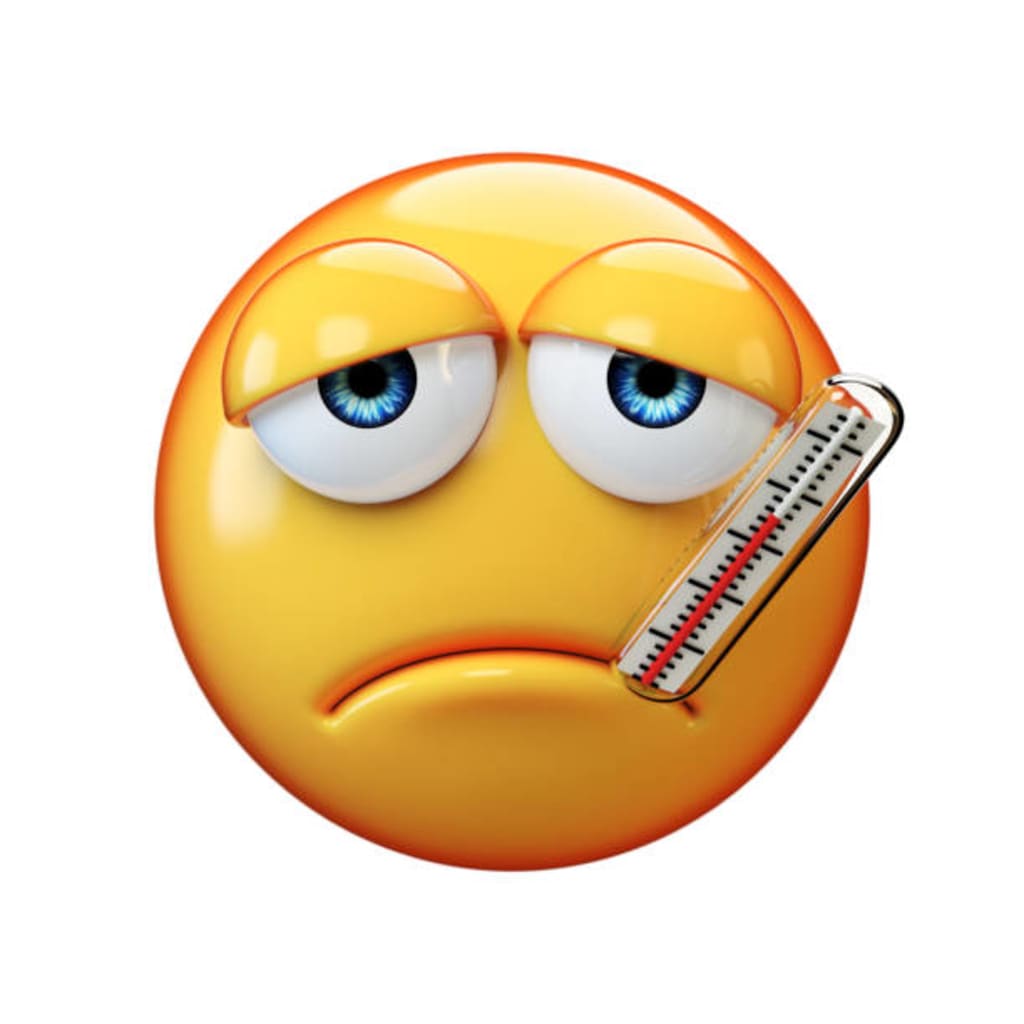
Doctors came up with an absurd cure for syphilis, the fatal bacterial sickness that has ravaged Europe for ages, in 1917. Step 1: Infect those with advanced syphilis with the parasite that causes malaria, the fatal but treatable disease spread by mosquitoes. Step 2: Pray that syphilis will be cured by malarial fevers. Step three is to provide quinine to treat malaria. If everything went as planned, their patient would be alive and clear of both illnesses. About 15% of the patients died as a result, but for those who lived, it appeared to work. It actually became the go-to remedy for syphilis up until decades after penicillin became extensively used. And fever was what gave it power. Even though there are many unanswered questions regarding fever, we do know that all mammals, certain bird species, and even some invertebrate and plant species experience its heat. Over 600 million years of evolution have produced it. But there is a hefty price to pay. 12.5 percent more energy is needed for every 1 degree Celsius rise in body temperature, which for some people equates to about 20 minutes of jogging.So, how and why does your body raise its temperature? Thermoregulatory processes, which regulate your core temperature, keep you typically at 37 degrees Celsius. The hypothalamus in the brain regulates these processes by detecting even the smallest temperature variations and sending signals throughout the body as necessary. When you become overheated, the hypothalamus sends out signals that cause your sweat glands to work or that cause your blood vessels to widen, bringing blood closer to the skin's surface—all of which cause heat to be released and help you cool down. Additionally, if you become too cold, your blood vessels will close and you might shudder, which produces heat. A fever develops when the body's normal temperature homeostasis is disturbed, which occurs when the temperature rises to 38 degrees Celsius. It has safeguards in place to keep it from rising above 41 degrees Celsius, where organ damage is possible. Fighting an infection can cause immune cells to produce a biochemical cascade that ultimately tells your hypothalamus to raise your body temperature, which can result in a fever. Your body then starts to exert itself to reach your new "set point" by employing the same processes that it uses to produce heat when it is chilly. You'll feel somewhat cool until it reaches this new temperature, which is why you might get chills. But why does your body act in this way? Although it's unclear whether fevers have any direct impact on infections, it appears that fevers mostly work by quickly triggering a body-wide immune response. Some of your cells release heat shock proteins, or HSPs, a family of molecules created in reaction to stressful circumstances, when they are exposed to elevated internal temperatures. These proteins make it easier for lymphocytes, one of the several types of white blood cells that fight viruses, to get to infection sites more quickly. By increasing the "stickiness" of lymphocytes, HSPs are able to penetrate blood vessel walls and cling to them, allowing them to go to the sites of infection. HSPs assist in directing adjacent cells to reduce their protein production during viral infections, limiting the viruses' capacity to multiply. Because viruses rely on their host's replication system to reproduce, this hinders their proliferation.Since certain viruses spread by rupturing their host cells, which can result in extensive destruction, the accumulation of debris, and possibly even organ damage, it also safeguards neighboring cells from harm. The pathogen's ability to damage host cells inside the body can be restricted by HSPs' capacity to protect them and boost immune response. Nevertheless, several clinical studies have demonstrated that fever suppressor medications don't worsen symptoms or recovery rates, despite what we know about fever's function in immune activation. Because of this, there is no set guideline for when to suppress a fever and when to let it run its course. Doctors make decisions on an individual basis. The length and severity of the fever, the patient's age, level of comfort, and immune system will all affect the therapy they choose. In addition, if a fever is allowed to persist, a doctor would probably advise rest and a lot of water to avoid dehydration while the body fights the fever.
About the Creator
Niks
I deliver Informative content.






Comments
There are no comments for this story
Be the first to respond and start the conversation.